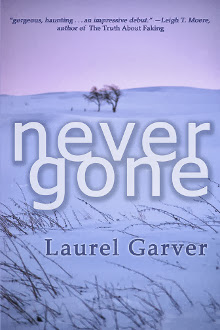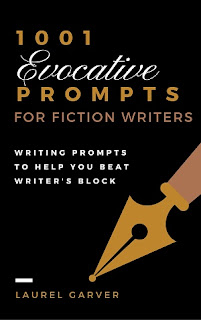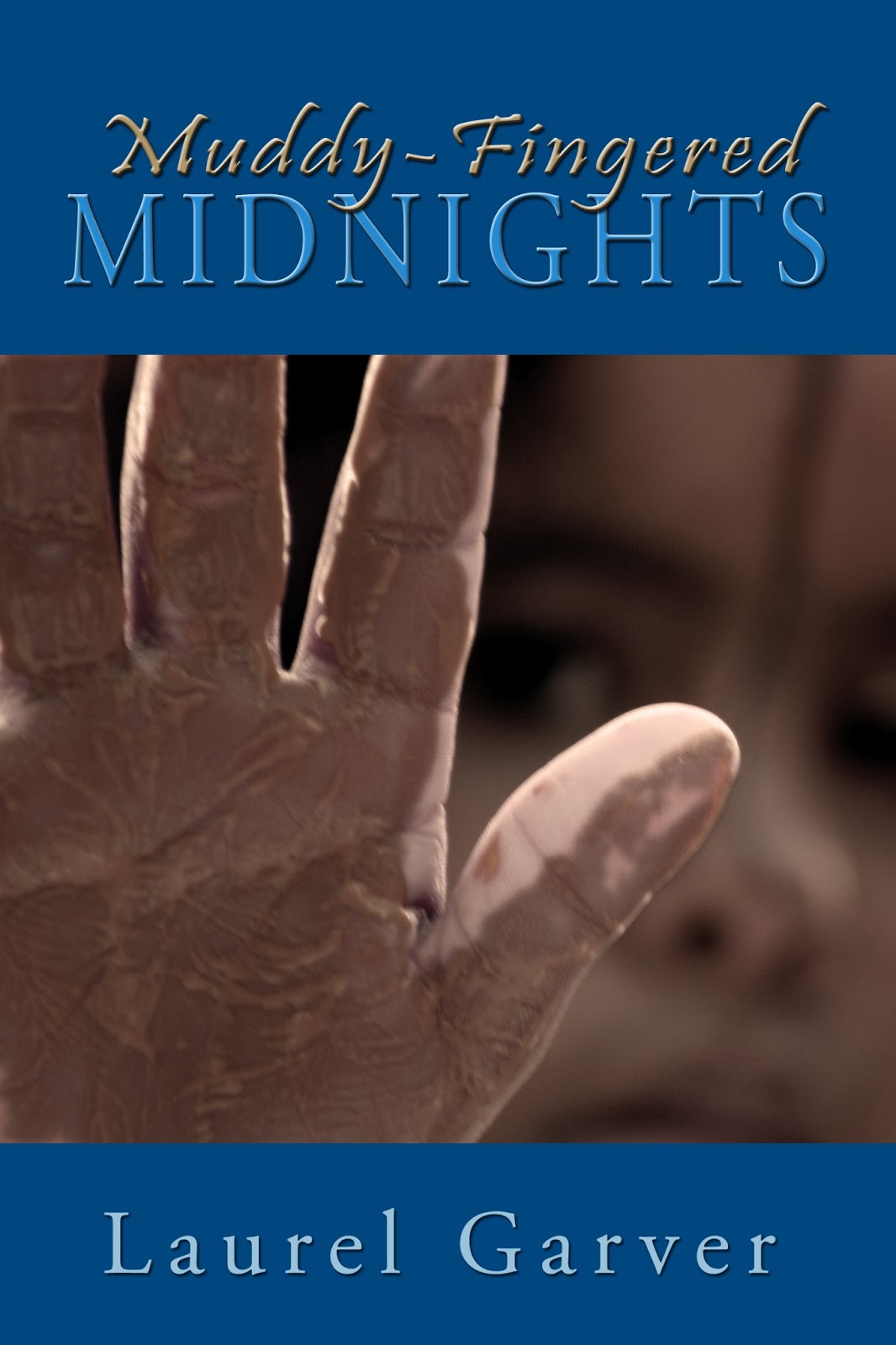In my previous post, many of you were intrigued with the question of self-publishers possessing an "entrepreneurial temperament." What might that label imply?
I found a number of broad-strokes articles on the topic, which I'll link here should you be interested in reading more:
~25 Common Characteristics of Successful Entrepreneurs
~10 Qualities of a Successful Entrepreneur
~Entrepreneurs: Key Characteristics and Skills
Here are some key ideas I gleaned from these lists and how I think they apply to a self-publishing enterprise. Entrepreneurial authors need to be
Passionate
If you don't love your work, don't love TO work, it will be impossible to interest readers and to keep producing quality work. Passion extends not only into your writing itself, but also into how you interact with the world. There is something irrepressible in the spirit of a passionate person that is life-affirming and life-giving. Good books flow out of deep passion; readers respond to it.
I know there are some who struggle with bouts of depression--seasonal or other types--who believe this makes them unfit for entrepreneurial authorship. I don't think that's entirely the case. Monitoring mood and developing self-care will need to become an area of investment, just like the math-phobe would invest in hiring a good accountant. Which brings me to a second point....
Resource-minded
You need a vision for what skills and resources you need to succeed and where you might find help for those areas where you personally have gaps or lack. Instead of throwing up your hands in defeat and saying "I could never do that!", an entrepreneur says, "I need help with this. Where can I get it?"
Many, many skills you need to succeed as a self-publisher can be outsourced. Many should be. Don't despair if you need to bring a team on board to help with graphic design, editing and proofreading, ebook formatting, marketing, accounting and taxes.
Eager to learn
There's an underlying humility needed when you're an entrepreneur. To succeed, you need to be willing to face your knowledge and skill gaps and take steps to address them. Because you're resource-minded, you're willing to hunt high and low for answers to every question. And you LOVE to learn new things. You find it exciting and empowering.
With the learning mindset comes an acceptance of "the learning curve." You expect your acquisition of knowledge and skills to take time and include setbacks. But your passion drives you to keep seeking, keep trying. You can be patient with the process especially if you have the next quality....
Goal-directed
Anyone who is able to write an entire book is goal directed by nature. You have an end-point in mind and take steady steps toward reaching it. If you've managed to keep your tush in a chair and write draft after draft until the story resonates and the prose sings, you are able to face the publishing end.
It's really a matter of taking your drafting and revising mojo and applying it to a new goal--getting a quality published product into the hands of eager readers.
Creative
This one trips up some writers, strangely enough. They are able to create entire worlds out of the snips and snails of their life experiences and dreams, but won't open those energies toward "practical things."
Say you don't have much ready cash to hire a cover designer. Some think this means they MUST do it themselves, then feel overwhelmed or defeated. Have you considered bartering? And I don't mean necessarily a skill-for-skill exchange, though a designer might really need help with writing copy for her professional website, for instance. Maybe you have non-writing skills that would thrill a designer: cook meals, crochet an afghan, tutor his/her kids, clean an attic, do some yard work, babysit.You get the idea.
Use the creative flexibility you exercise when you write to approach any skills gaps or snags in your publishing plan. Creativity is especially important when you market. Watch what others do well, then do it with a twist. Have an open mind about who your audience really is--think more broadly.
What do you think? Do you have what it takes?
I found a number of broad-strokes articles on the topic, which I'll link here should you be interested in reading more:
~25 Common Characteristics of Successful Entrepreneurs
~10 Qualities of a Successful Entrepreneur
~Entrepreneurs: Key Characteristics and Skills
Here are some key ideas I gleaned from these lists and how I think they apply to a self-publishing enterprise. Entrepreneurial authors need to be
Passionate
If you don't love your work, don't love TO work, it will be impossible to interest readers and to keep producing quality work. Passion extends not only into your writing itself, but also into how you interact with the world. There is something irrepressible in the spirit of a passionate person that is life-affirming and life-giving. Good books flow out of deep passion; readers respond to it.
I know there are some who struggle with bouts of depression--seasonal or other types--who believe this makes them unfit for entrepreneurial authorship. I don't think that's entirely the case. Monitoring mood and developing self-care will need to become an area of investment, just like the math-phobe would invest in hiring a good accountant. Which brings me to a second point....
Resource-minded
You need a vision for what skills and resources you need to succeed and where you might find help for those areas where you personally have gaps or lack. Instead of throwing up your hands in defeat and saying "I could never do that!", an entrepreneur says, "I need help with this. Where can I get it?"
Many, many skills you need to succeed as a self-publisher can be outsourced. Many should be. Don't despair if you need to bring a team on board to help with graphic design, editing and proofreading, ebook formatting, marketing, accounting and taxes.
Eager to learn
There's an underlying humility needed when you're an entrepreneur. To succeed, you need to be willing to face your knowledge and skill gaps and take steps to address them. Because you're resource-minded, you're willing to hunt high and low for answers to every question. And you LOVE to learn new things. You find it exciting and empowering.
With the learning mindset comes an acceptance of "the learning curve." You expect your acquisition of knowledge and skills to take time and include setbacks. But your passion drives you to keep seeking, keep trying. You can be patient with the process especially if you have the next quality....
Goal-directed
Anyone who is able to write an entire book is goal directed by nature. You have an end-point in mind and take steady steps toward reaching it. If you've managed to keep your tush in a chair and write draft after draft until the story resonates and the prose sings, you are able to face the publishing end.
It's really a matter of taking your drafting and revising mojo and applying it to a new goal--getting a quality published product into the hands of eager readers.
Creative
This one trips up some writers, strangely enough. They are able to create entire worlds out of the snips and snails of their life experiences and dreams, but won't open those energies toward "practical things."
Say you don't have much ready cash to hire a cover designer. Some think this means they MUST do it themselves, then feel overwhelmed or defeated. Have you considered bartering? And I don't mean necessarily a skill-for-skill exchange, though a designer might really need help with writing copy for her professional website, for instance. Maybe you have non-writing skills that would thrill a designer: cook meals, crochet an afghan, tutor his/her kids, clean an attic, do some yard work, babysit.You get the idea.
Use the creative flexibility you exercise when you write to approach any skills gaps or snags in your publishing plan. Creativity is especially important when you market. Watch what others do well, then do it with a twist. Have an open mind about who your audience really is--think more broadly.
What do you think? Do you have what it takes?














